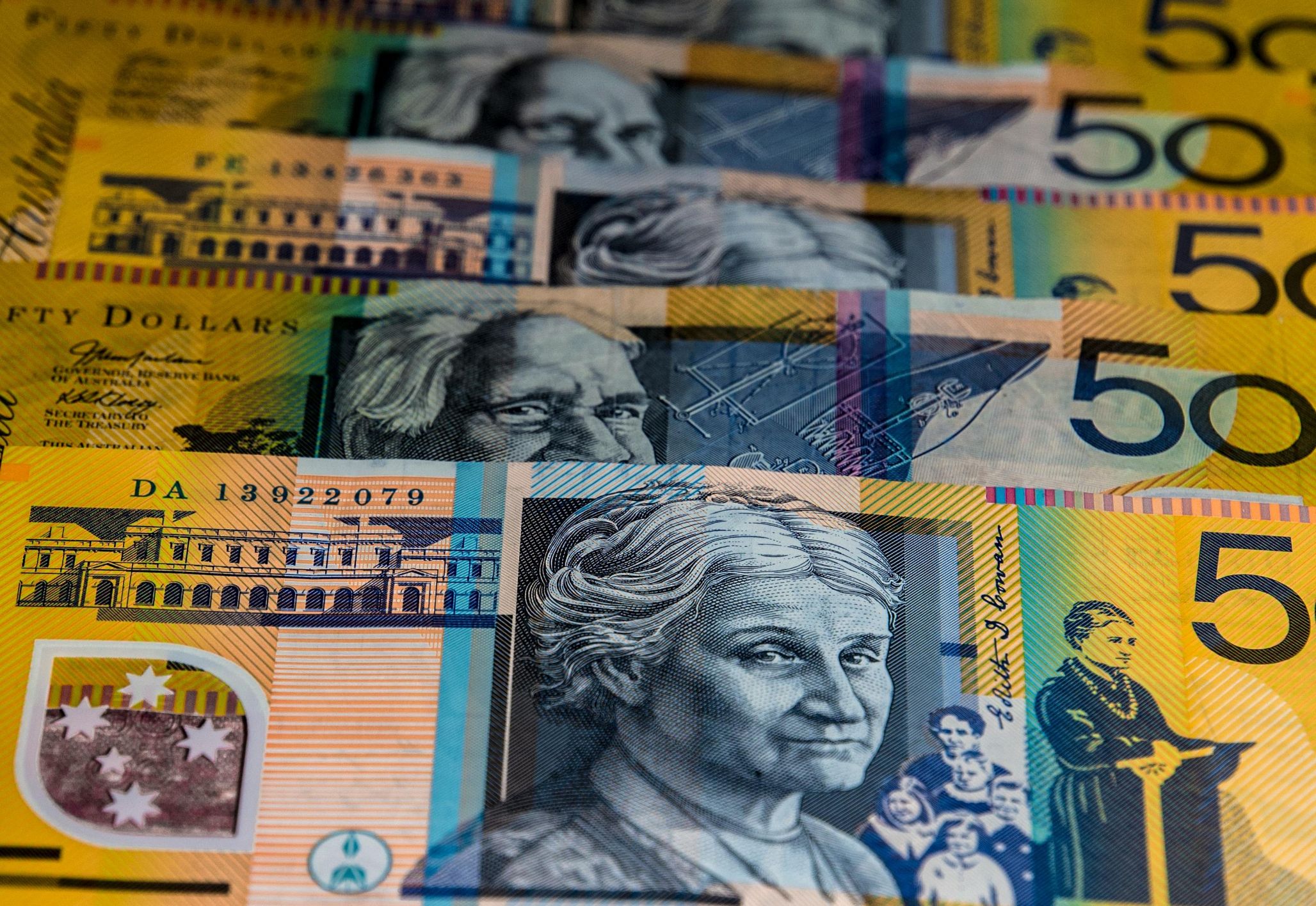Visa Stock Analysis: Is Visa a Strong Opportunity Ahead of Q4 Earnings?
$325.48
28 Jan 2026, 19:25

Pexels.com

Weak data and dovish central banks weigh on sentiment across Asia-Pacific markets
Asian Currencies Stay Range-Bound as Global Uncertainty Persists
Asian currencies were largely muted on Tuesday as market participants reacted cautiously to ongoing global economic concerns, geopolitical tensions, and uncertainty surrounding US trade policy.
The US dollar regained ground, recovering slightly from earlier losses, while risk appetite remained low, particularly in foreign exchange markets.
Australian Dollar Drops on Weak Data and Dovish RBA
The Australian dollar (AUD) was the worst-performing major currency in the region, falling by 0.5% against the US dollar following a raft of disappointing economic data and a dovish tone from the Reserve Bank of Australia (RBA).
Key points impacting the AUD included:
The RBA had already cut interest rates by 25 basis points in May and cited weaker global demand and trade tariffs as key headwinds for the Australian economy. All eyes are now on Q1 GDP data, due Wednesday.
Chinese Yuan Holds Steady Amid Sluggish Economic Data
The Chinese yuan (CNY) traded flat, with the USDCNY pair hovering near 7.1978, and the offshore USDCNH pair slipping slightly by 0.1%.
China’s Caixin manufacturing PMI for May showed an unexpected contraction, aligning with official figures that confirmed ongoing softness in the industrial sector. Export orders remain weak amid elevated US-China trade tensions.
Despite an earlier agreement to temporarily reduce tariffs, negotiations between Beijing and Washington have stalled, and tensions remain high. President Donald Trump recently accused China of breaching the May trade agreement – an allegation Beijing firmly denied.
Broader Asia FX Moves Slightly as Caution Prevails
Other Asian currencies saw limited movement:
Meanwhile, geopolitical risks added to market jitters, with the collapse of US-Iran nuclear talks and stalled Russia-Ukraine ceasefire negotiations.
Final Thoughts: Market Sentiment Remains Fragile
Currency markets across Asia remain under pressure from weak economic data, policy uncertainty, and geopolitical instability. The Australian dollar’s drop highlights investor sensitivity to central bank signals and economic performance.
As the global economy navigates a delicate phase, investors may favour safe-haven assets, while staying alert to central bank decisions and trade negotiations in the weeks ahead.
Sources: (Investing.com, Reuters)